Get posts by email
Deconstruction
June 28, 2017
This is the fifth post in The Evolving Journey of Faith blog series.
Photos from my trip to St. Francis Farm this past spring.
My last post in this series ended with this: "The bottom dropped out in trusting myself, in trusting constructs and ideas about God, instead of God, in seeking security in certainty and making the right choices. That's what the breaking was all about."
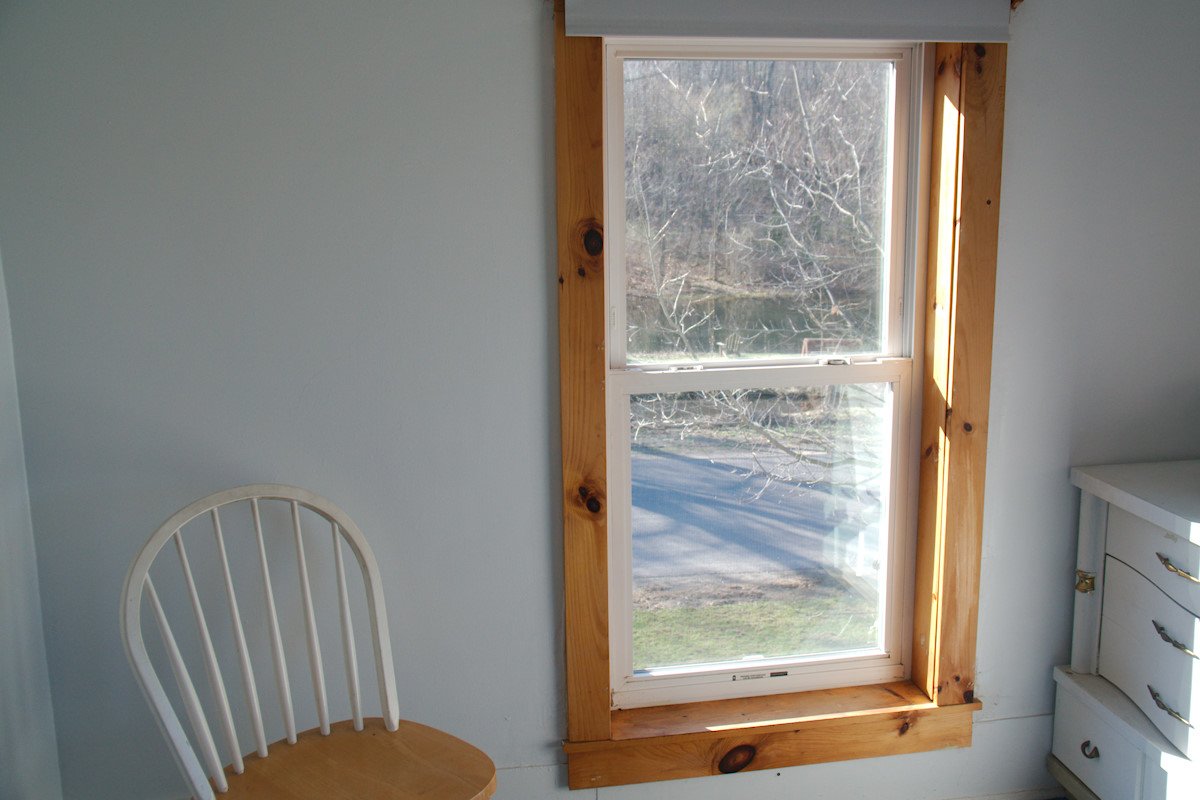
At the time of the breaking, a lot of things cracked in me, and started to fall apart. This opened the door for a spiritual deconstruction. I didn't ask for it. I didn't seek it out. Life presented the opportunity, as it does from time to time, to critically evaluate some of my beliefs and assumptions. To look in dusty corners and to acknowledge some quiet cognitive and spiritual dissonance in my life.
I'm not here to debate the merits or dangers of deconstruction or to explain, in-depth, my own personal deconstruction process, except to say it's a thing, it happened to me. I think it's still happening to me, though I don't feel like I'm "de"constructing any more and (most days) it doesn't feel like the bottom has dropped out.
Where I'm at now is re-evaluating what I've been taught about the core (and peripheral) beliefs of my faith, through a different lens than the one I used in childhood, young adulthood, and early adulthood.
I have largely felt alone in this process, but I'm not. This happens to a lot of people.
It might happen in mid-life or after a trauma. It can be the result of a personal crisis of some kind. We change, we grow. This is what it is to be human.
Deconstruction is the taking down and dismantling of ideas and beliefs. It's preceded by a disruption and followed by a rebuilding of sorts. The whole process becomes an inflection point around which your life re-pivots and starts moving in a different direction because the reality of who you are and who others are doesn't fit with previous categories and understandings. How you see, understand, and experience things has changed.
This happens a lot in our lives, to varying degrees.
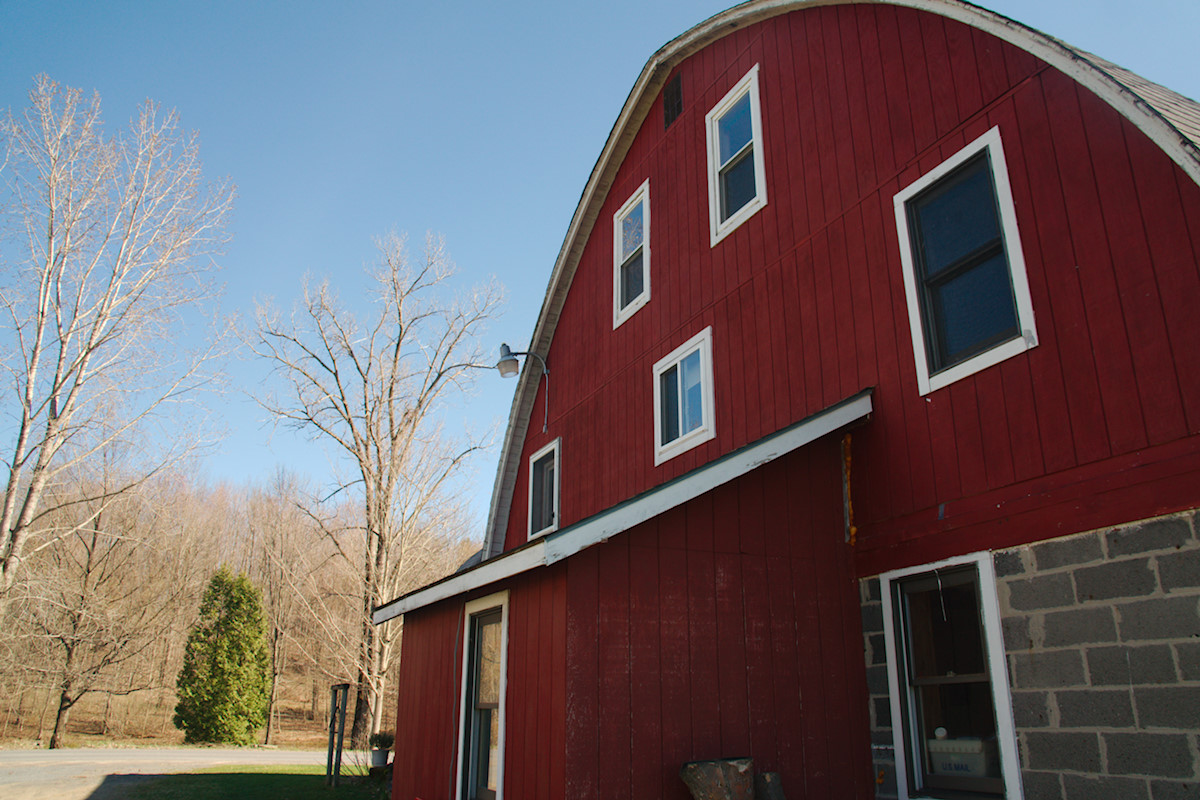
This post by Kathy Escobar is a good introduction to spiritual deconstruction.
My deconstruction process was precipitated by a breaking. A breaking down of ideas in my life. Ideas that I thought were true, but didn't seem to hold true anymore. And if those aren't true, what else isn't true? What is the truth?
Spiritual deconstruction is not a new experience for me. Damien and I went through a deconstruction process about ten years ago with how we viewed church. We weren't angry, hurt, or disappointed by our existing church experiences. There was no breaking, nothing had fallen apart. The "disruption" was books we had read that caused us to question church and community. We were curious. Questing after the truth of what church really is as a body of people, and how it should function as a gathering of people.
We deconstructed what we knew and had practiced for the first ten years of marriage, and we explored other options, specifically the house church movement. We did that for four years in Maine before moving to rural Quebec, which was a time of wandering in the spiritual desert. Not on purpose, it wasn't like "let's go to the desert!", but there were just so few believers to gather with, organically or institutionally, and none of the churches in our small community felt right for us.
The lack of Christian community in our lives and our inability to form deep connections with the small pockets of believers on the peninsula was a big part of our decision to move to Montreal. When we moved here two summers ago we committed ourselves again to a body, not as "members", there's no membership at our church, but as fellow sojourners, friends, and family.
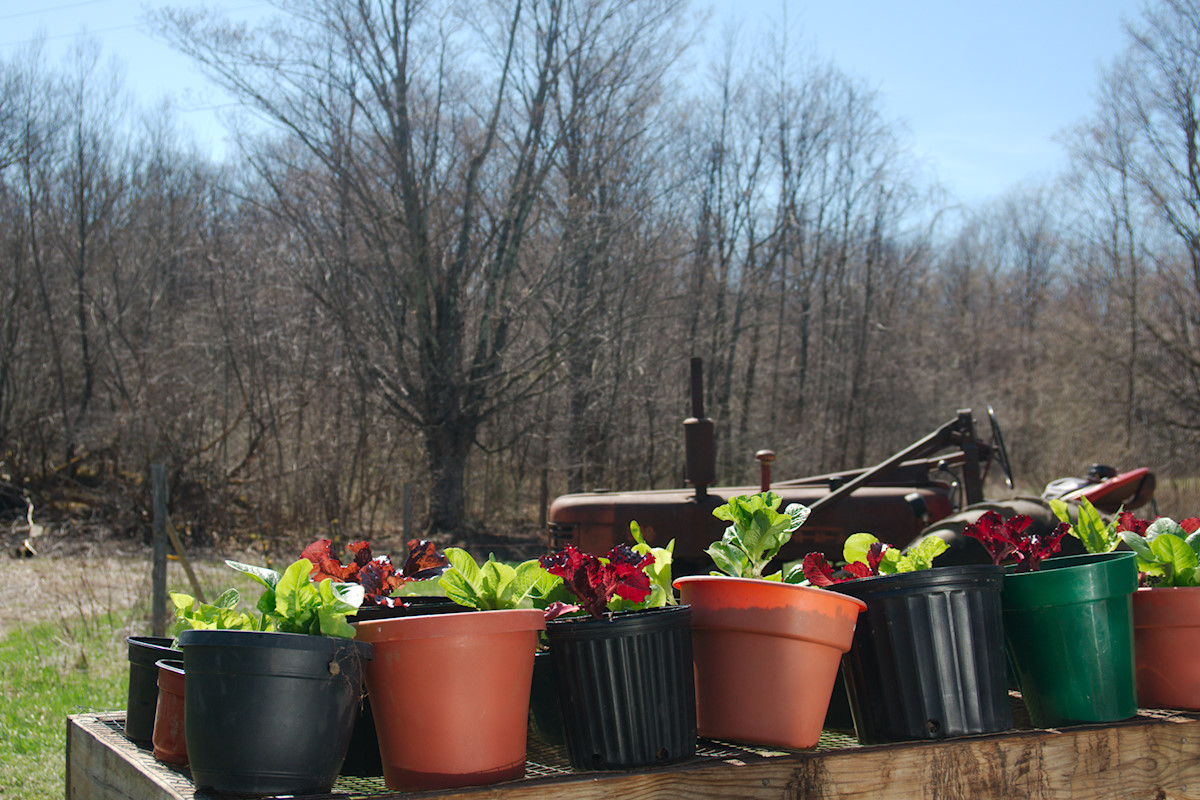
I am not completely comfortable back in church, and my personal beliefs and convictions do not align with all the teaching of my particular community. Church culture and church teaching can trigger my anxiety, but so can a lot of things. These feelings are awkward and disconcerting at times, but it's important for us to be in relationship and community. And relationships and community are messy, just like family life. Our church is a good fit for our family as a whole, and our kids like it.
If our teenagers are excited about going to this church, if they experience a deepening of their faith belonging to this group of people, that's where we'll be.
Exploring house church or organic church was a type of deconstruction but in that journey I wasn't questioning or doubting how my tribe interpreted most of the Bible. I wasn't looking to unravel my interpretation and application of scripture, I was looking for a more relational way to "do church".
This recent deconstruction has been more of the former. It was born in pain, not curiosity. And it has shaken me to the foundation of my beliefs in how I understand God, the work of Christ in the world, how I interpret the Bible and the real-life ramifications of that.
It's triggered a re-asking of all the existential questions.
I'm looking for truth but more than that I'm looking for life. I'm looking for living water. I'm not looking for easy but I'm looking for a lighter burden.
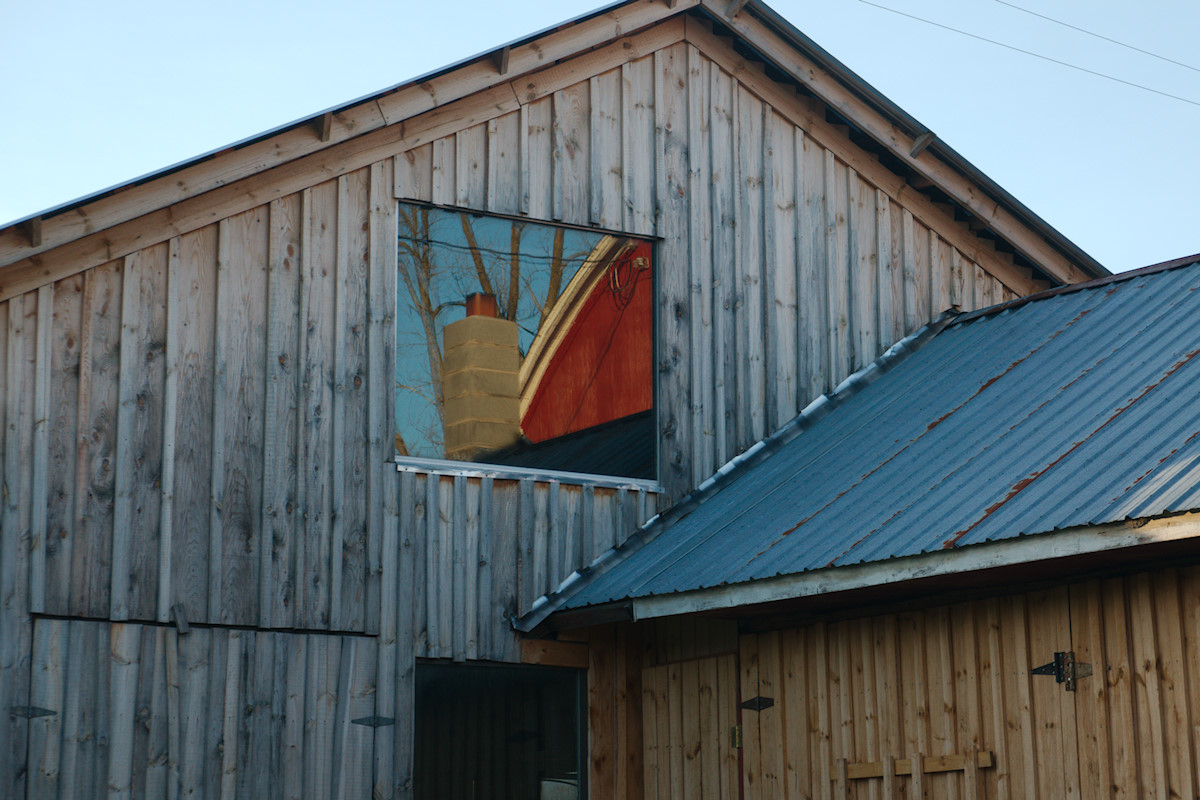
Evangelical Christianity can be a huge burden to bear. The weight of the world on our shoulders, dependent on our witness, our fervor, our evangelism. Officially, we don't say it's our burden (there's a whole bunch of Christian-speak around this), but the expectations of many faith communities indicate otherwise.
Evangelicals like to talk about our faith being a relationship, not a religion. But in my experience, evangelicals can be as religious as they come. There is so much to live up to, so much to do, so many expectations.
Part of the breaking was the rejection of the expectations. Not so much the expectation of others, I wasn't in a community at the time that imposed its ideas on me, but I had expectations for myself. What I thought it meant to be a good wife, a good mother, a good Christian. And I had attached these ideas to my identity, my worth and value.
I'm only 41. I'm certain I will go through multiple iterations of deconstruction. And certainly repeated cycles of loss and pain, rediscovery and refining of thought, belief, and action.
I am in a relationship with the Divine, and like any relationship in my life, it's not static; it's growing, evolving, changing, deepening. This is an exciting thing, but it's also scary, especially when you feel the bottom drop out beneath you in some fashion. When an idea, a way of being or thinking, a relationship no longer holds true in your life.
This happens.
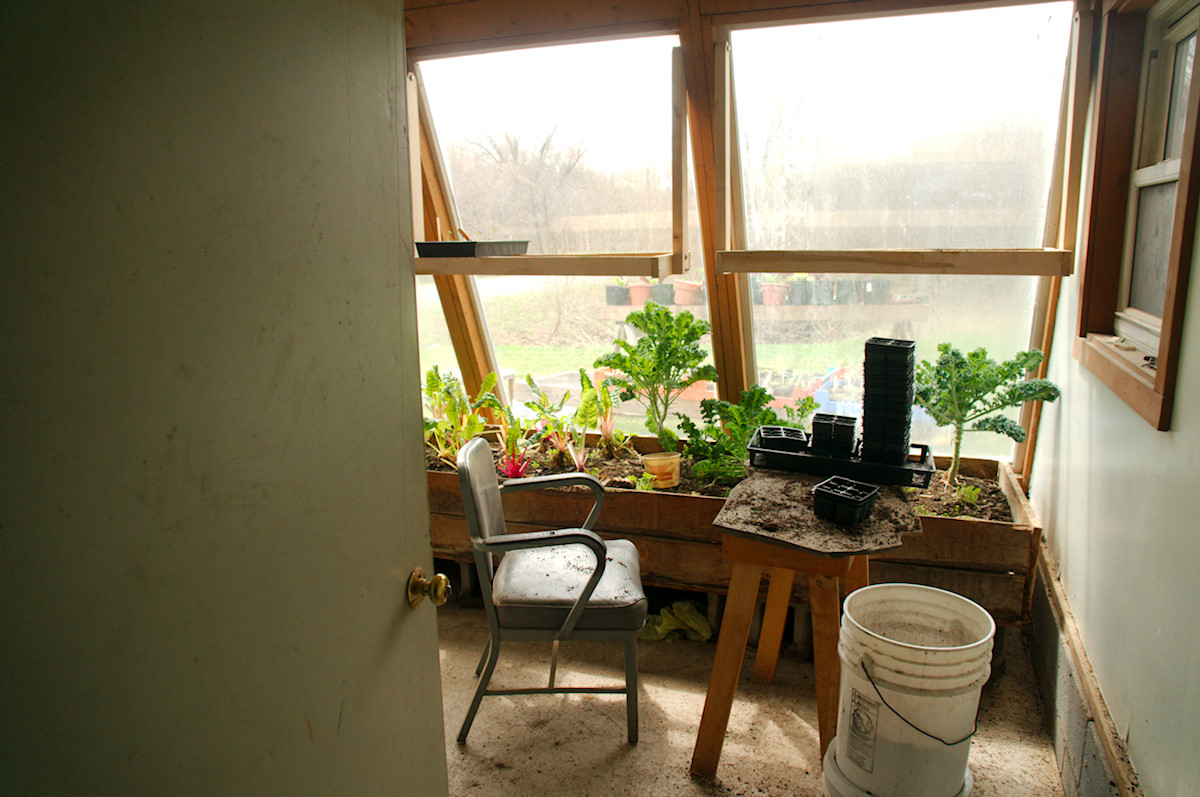
At the time it happened to me I didn't even know there was a word, a noun, for what I was going through, but the essence of the experience surfaced in two blog posts, written in Dec 2014, in which I wrote about being in the middle of a "deconstruction zone" and "deconstructing our family life". I knew it was a deconstruction, it just didn't know that was "a thing".
It's kind of ironic that since coming to an understanding of my experience, naming it and finding out I'm not alone, it's now that I've found all manner of resources - blogs, books, and podcasts - that give language to the experience, and give language to the way my beliefs have been reforming in the rebuilding process.
Not only is there a word for things falling apart, that feeling of the bottom dropping out and wondering "what's real, what's true here?". There are words, "official" theological and philosophical words, for how I'm understanding God.
This is a thing. I'm not alone.
These ideas are not new and the resources I've been devouring these days have been around for a while, I just wasn't accessing them. I was cognitively, spiritually, emotionally, and physically engaged with figuring out my anxiety, getting settled in Montreal, raising teenagers, turning forty and reaching the twenty year mark in my marriage.
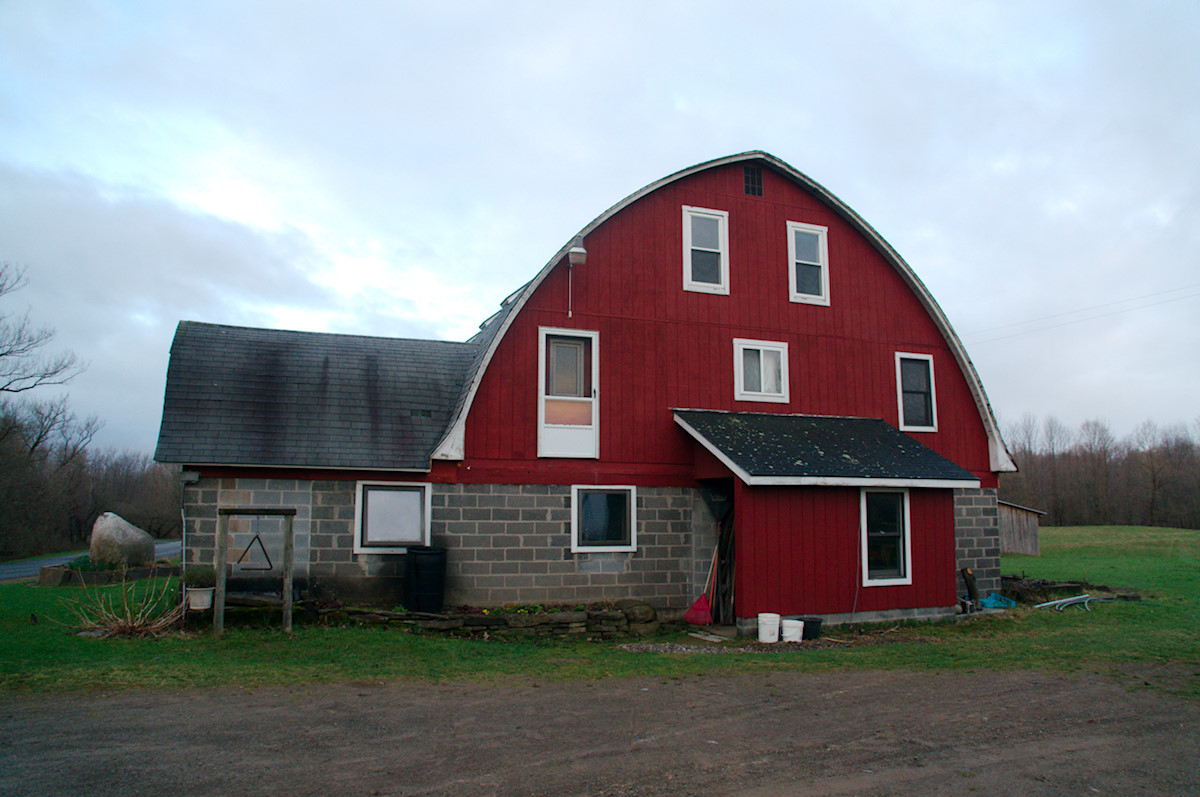
There's only so much you can process at one time. Which is a good place to end this post.
Next post in this series: Evangelism, Freedom and the Gospel
Filed Under
Part of Series
-

phyllis reynolds on Dec. 31, 2017, 4:10 p.m.
I was in a service in an evangelical church within a week or two of birth and continue to be a part of local church bodies until this day, and I'm well into my 50's. Our three children are all on the cusp of their own independent lives so I feel more freedom to begin to close church obligations and get some distance from the not very meaningful features list that are "required" for a thriving church.
I don't know where to start. I'm interested in your writings and any directions in the way of books, articles, and other speakers you can introduce to begin what I clearly feel in my spirit needs to take place, a time of spiritual de and reconstruction.
Thanks for putting your stuff out here so that those of us, having sensed this need for renovation will have some good leads on how to begin.
Thank you, Phyllis
-

Renee on Jan. 1, 2018, 6:01 p.m.
Phyllis, Thank you so much for taking the time to comment here with your own experience. I have two recommendations to start.
- Sarah Bessey's blog, books, and newsletter. I love everything from Sarah and she's an online acquaintance of mine. I trust her voice, her experience, her heart.
- Kathy Escobar's blog, these posts on life shift 1[3 ]& 2 will get you started, and this is a great pdf download for reflection. I would love to read her book but haven't gotten to that yet.
There are so, so many more. And I have a resources post I've been working on for ages to publish here but this will get you started.
-
You can subscribe to comments on this article using this form.
If you have already commented on this article, you do not need to do this, as you were automatically subscribed.






Sandra on June 29, 2017, 11:19 a.m.
Do you have a reading list, Renee? You are able to describe something that most christians can relate to, but could never describe themselves. I'm grateful for that. Thanks.
Renee on June 30, 2017, 3:37 p.m.
I have a long list of books I want to read, but these days mostly I listen to authors/teachers/theologians/philosophers/seekers on podcasts. I am assembling a list of podcasts to share soon.